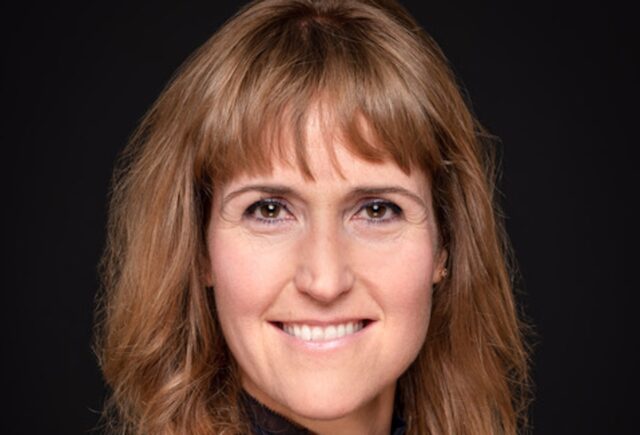The $122m project provides much needed green energy to Djibouti, which relies on fossil fuel imports to supply ailing power stations, and would have been near-impossible to build without using blended finance.

Djibouti’s first wind farm, which was inaugurated last week, is the product of a $122m (€113m) blended finance package, which its developers hope will provide a template for other similar projects in the region.
The 60-megawatt (MW) wind farm, the country’s first independent power project (IPP), boosts Djibouti’s energy capacity by 50%, while averting some 250,000 tons of CO2 emissions. A 45MW expansion to the farm is planned by the project development vehicle Red Sea Power (RSP).
Stakeholders in RSP include lead developer Africa Finance Corporation (AFC), Dutch entrepreneurial development bank FMO, blended finance fund manager Climate Fund Managers (CFM) and Great Horn Investment Holding (GHIH), which is owned by the Djibouti Ports & Free Zones Authority and Djibouti Sovereign Fund.
Without the use of a blended finance approach, the project was unlikely to have got off the ground, according to Andrew Johnstone, the CEO of CFM, which invested $25m of the $122m financing. Blended finance brings together concessional development finance and commercial capital to encourage private investment by lowering risk.
“Groundbreaking transactions like this are immensely challenging to fund with traditional project finance as the territory is uncharted and there is no track-record, making it almost impossible for lenders and equity partners to get comfortable with the risk,” he said. CFM is itself a blended finance joint venture between FMO and South Africa’s Sanlam InfraWorks, which has invested in a number of renewables projects in Africa.
The project is a step on the way to meeting the tiny north-east African state’s target of switching all its power generation to renewables by 2035, as well as improving energy supply to promote economic social development. Until now, Djibouti has relied entirely on imported fossil fuel plus power imports from neighbouring Ethiopia, while more than half of its 123MW of domestic installed generating capacity is outdated and out of action.
In addition to the development benefits, the project developers said they believed the innovative nature of the transaction structure could be used as a template to encourage more investment in the region.
The structure substantially reduced the risk associated with the investment, with the payment obligations of state-owned utility Electricité de Djibouti under its power purchase agreement being backed by a government guarantee, while the government’s obligations were in turn backed by political risk cover provided by the World Bank’s Multilateral Investment Guarantee Agency (MIGA). Djibouti’s government said it was working on several other IPPs for additional geothermal and solar capacity using the windfarm project structure as a template.
In addition to the new wind farm, the partners have also built a solar-powered desalination plant in Djibouti to provide drinking water to villages near the farm. Many households lack water to meet basic needs, particularly during the dry season.
The developers estimate the country has enough wind, solar and geothermal resources boost capacity to at least 300MW. While it is one of the smallest states in Africa and has a population of just over 1m, power demand also comes from the high concentration of foreign military bases and significant port facilities on its soil, both located there due its strategic location on the Bab el-Mandab strait at the south end of the Red Sea, through which almost a third of global trade passes.





